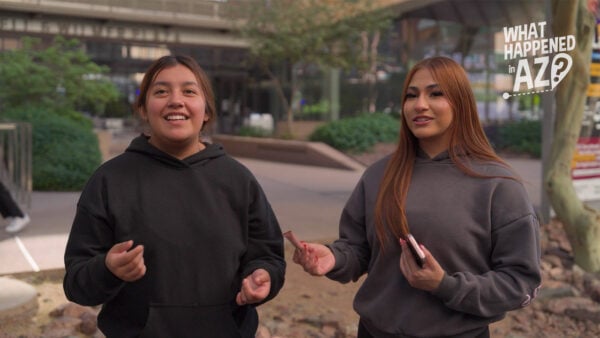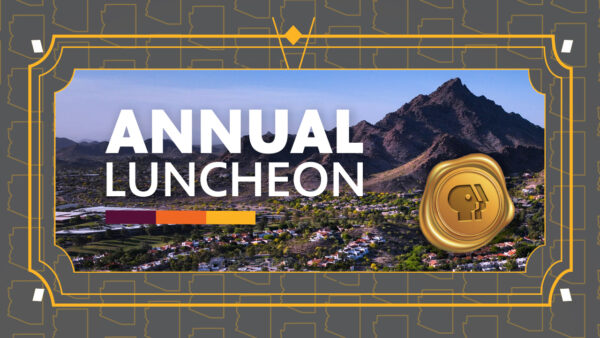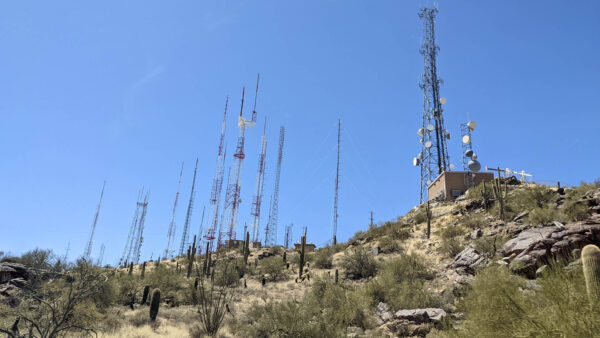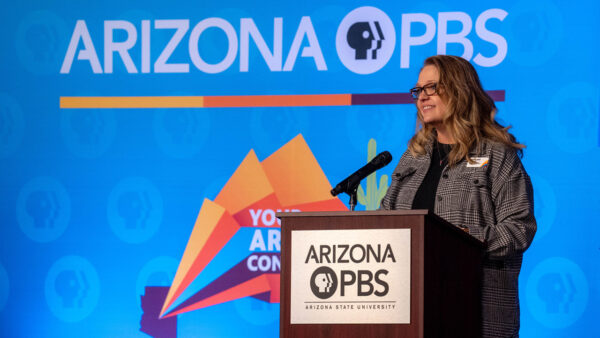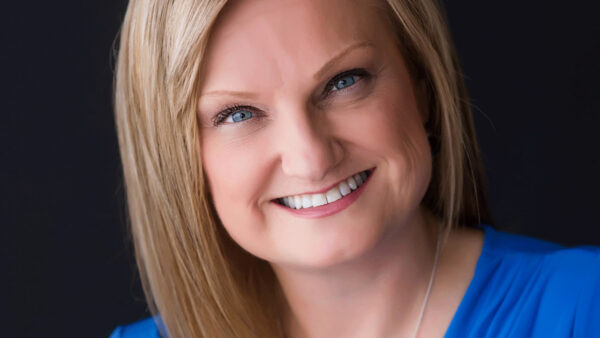POV “My Reincarnation”
June 21, 2012
Fox began filming “My Reincarnation” with Namkhai Norbu in 1988 when, as a filmmaker and student of the Dzogchen tradition of Tibetan Buddhism, she took a four-year sabbatical from filmmaking and worked as his secretary. She started out recording his everyday life, including his work, family and travels, intent on documenting a spiritual life to which she’d been given unusual access. She returned 13 years later, and periodically after that, until 2009, amassing more than 1,000 hours of footage from Italy and the family’s travels all over the world, including Venezuela, Russia and the United States (in Massachusetts and New York). POV “My Reincarnation” airs Thursday, June 21, 2012 at 11 p.m. on Eight, Arizona PBS.
Using this footage plus archival material, My Reincarnation offers a remarkably intimate and vivid account of Namkhai Norbu’s life and work. Fleeing Tibet in 1959 in the wake of the Chinese takeover, along with thousands of other Tibetans, including H.H. the Dalai Lama, he settled in Italy, married an Italian woman, Rosa, had two children and began the work that brought him worldwide recognition as a Spiritual Master and scholar. The film conveys 20 years of constant travel as he lectures, counsels, leads ritual Buddhist observances and Tibetan gatherings and hosts the Dalai Lama. He ages, of course, but also appears to take on extra burdens—not only the hopes, fears and challenges of spiritual seekers and Tibetans scattered in foreign lands, but also responsibility for the survival of Tibetan Buddhism itself.
And so a movie-within-the-movie unfolds, because the struggle to preserve Tibetan Buddhism—to pass it on as a living legacy—extends to Namkhai Norbu’s family. Tibetan Buddhism depends greatly on unbroken lines of reincarnated lamas, who continue to teach and interpret the scriptures. Namkhai Norbu is himself a reincarnate master, and Yeshi, his first-born son, was recognized from birth as the reincarnation of his great-uncle, another famous Buddhist master, who died in prison after the Chinese invasion of Tibet. Various traditional proofs of reincarnation, particularly involving a child’s familiarity with the late lama’s objects, convinced not only Namkhai Norbu but also other Tibetans that Yeshi is a reincarnate master. The only one who isn’t convinced is Yeshi himself.
Yeshi is first seen in My Reincarnation as an intense, intelligent 18-year-old (he ages to 39 and Namkhai Norbu ages from 49 to 70 in the film) listening to his father’s teaching or helping with ceremonies, but hanging on the margins of events. Later, he’s an intense, intelligent young man on a fast track to business success and all the things this can bring in Western society. Alternately amused and awe-struck by his Tibetan status, he can’t quite shake the overwhelming implications of it. He’s drawn along in his father’s wake but resists all the way. He doesn’t want to take up Buddhist study or teaching or to go to Tibet, as his father urges. Yeshi is especially unnerved by the idea of visiting the very monastery where his great-uncle had been master and where students await Yeshi as their master’s reincarnation.
One of the delights of My Reincarnation is sharing Yeshi’s views of his father and thoughts about the spiritual legacy to which he is heir. Even more striking is witnessing Yeshi’s spiritual evolution, the highlight of which is his visit to the Tibetan monastery of his great-uncle, where the local monks and villagers greet him with ancient ceremony and respect as their reincarnate master. Such a profound demonstration of faith and spiritual continuity cannot help but have a tremendous impact on Yeshi, and it begins to awaken the heir to Namkhai Norbu’s mission.
“At first, I didn't know what I was filming,” says director Fox. “I just knew I had incredible access to this High Tibetan Master. For all that is so interesting about Tibetan Buddhism in today’s world, I was always drawn to the universal father-son struggle. Namkhai Norbu wants to save his traditional culture and faith by passing them onto Yeshi. But Yeshi wants nothing more than to be modern. What is extraordinary for Yeshi is that questions of personal identity become entangled in the fate of a
2,500-year-old spiritual tradition.
“The father-son story is a narrative that we can all relate to, as the protagonists discover that love often doesn’t look the way we expect it to look.” she continues. “By the same token, the film is an entry into this world of esoteric Buddhism, which acknowledges that there is so much more to the universe than what we see. On a deep level, most religions share the core of this belief. I’ve been really gratified that My Reincarnation has inspired people to talk about their spirituality, to open up conversations among Tibetan Buddhists, rabbis, shamans and priests. It’s been an incredible journey in faith.”

